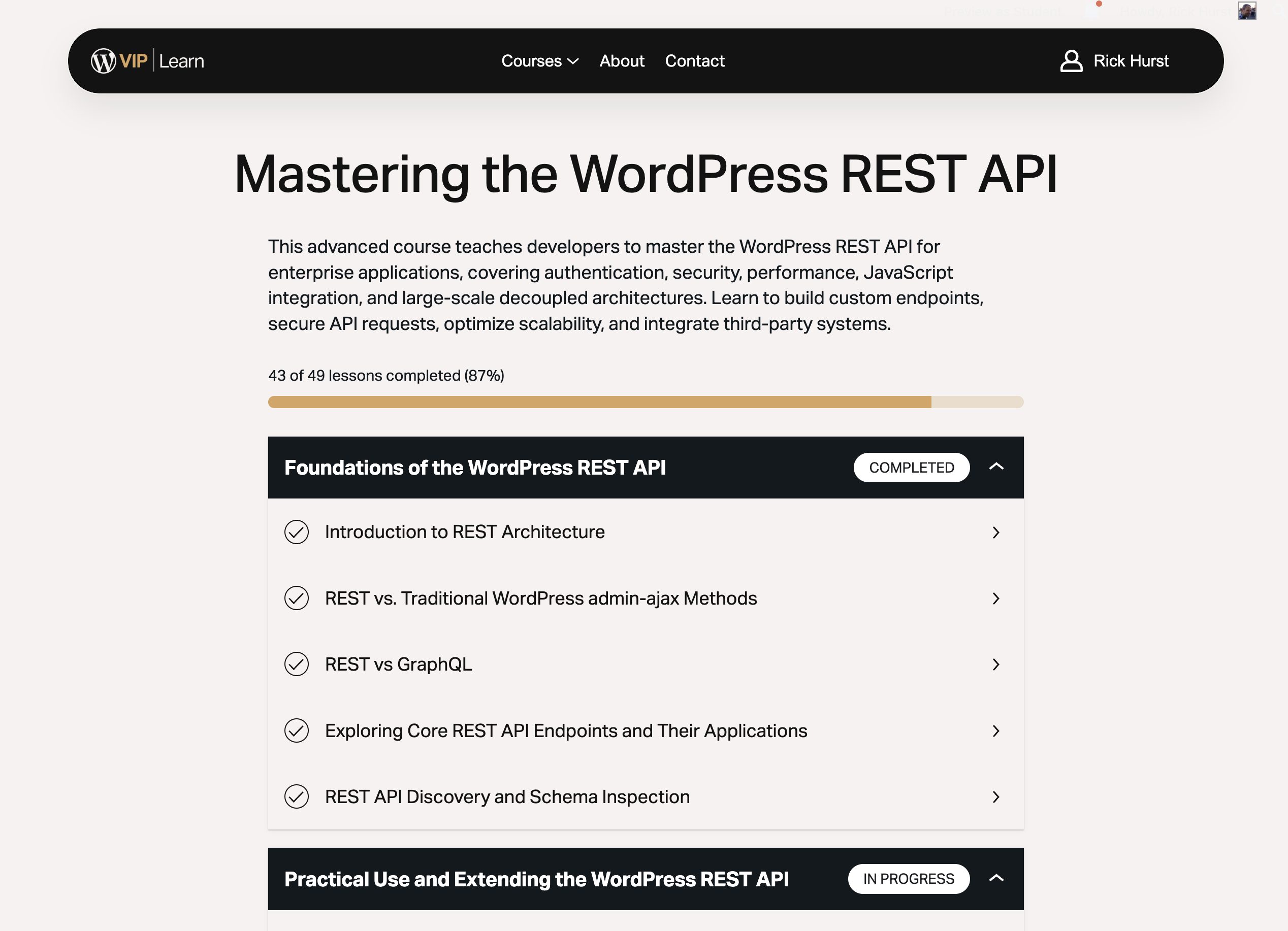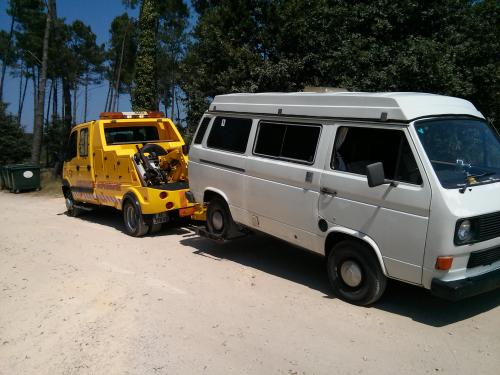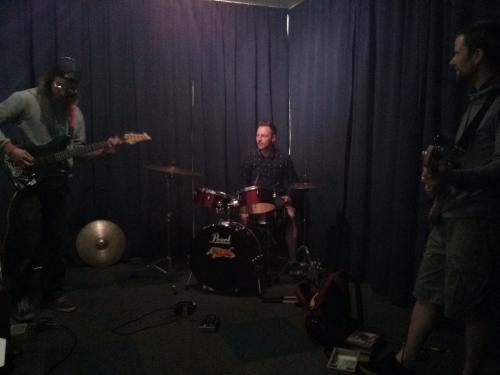Just Launched: A Free Advanced WordPress REST API Course for Developers Who Want to Build Big Things
If you’re a developer working with WordPress and you’ve ever thought, “admin-ajax is clunky, and I need more control”, or “why would I use thw WordPress REST API when GraphQL exists”, then you’ll want to check this out. I’ve just wrapped up a full-length, fully free course called Mastering the WordPress REST API, built specifically for developers who want to get serious about API-driven architecture in WordPress.
This isn’t a beginner’s walkthrough of GET requests or basic endpoints. It’s aimed at developers with a solid grasp of WordPress and PHP, who want to dive into enterprise-level development using the REST API — everything from authentication and security, to performance optimisation, custom endpoint creation, and decoupled JavaScript frontends.
Why This Course Exists
Let’s be honest — most of the WordPress REST API tutorials out there barely scratch the surface. They stop right when things start getting interesting.
The course is built from the ground up with a developer-first mindset. You’ll learn how to create custom API routes, authenticate and authorise users using secure strategies, integrate with third-party APIs, and build scalable, decoupled architectures with React or Vue. There’s even a full section on debugging and testing, which is where most online resources tend to fizzle out.
What’s Inside
The course covers the full spectrum of the WordPress REST API and how it fits into real-world, modern development workflows. It includes detailed modules on:
- REST API Foundations – Understanding REST vs traditional methods, schema discovery, extending the API, and exploring core endpoints.
- Authentication Strategies – Implementing and comparing methods like cookies and nonces, application passwords, JWT, and OAuth 2.0.
- Security Best Practices – Permission callbacks, input sanitisation, output validation, rate limiting, monitoring, and more.
- Enterprise Performance & Integration – Caching strategies, transient and object caching, API versioning, and handling deprecated endpoints.
- JavaScript & Decoupled Architectures – How the REST API supports decoupled frontends, with hands-on labs using React and JWT-based auth flows.
- Advanced Customisation – Creating nested data structures, working with CPTs and taxonomies, adding custom fields and filters.
- Testing, Debugging & Scaling – Writing unit and integration tests, mocking responses, performance testing, and architecture for high-traffic environments.
Each section includes practical labs and real-world examples — including a couple of case studies drawn from actual enterprise projects I’ve worked on.
Who It’s For
If you’re already working in WordPress and are comfortable building custom plugins or themes, this course will help you level up. It’s especially useful for devs working on headless WordPress applications, integrating WordPress with other platforms, or delivering high-traffic, API-driven sites that need to scale sensibly.
And Yes – It’s Completely Free
No hidden paywalls. No “free sample, full course behind a paywall” rubbish. This is a proper, full-fat developer course. Think of it as a contribution to the WordPress community — the kind of thing I wish existed when I first started getting into REST API work in WordPress.
Take the Course
The full course is available now: https://learn.wpvip.com/course/mastering-the-wordpress-rest-api/
This is part of a series of free Advanced WordPress Developer courses on VIP Learn.
I’ll be updating it as the ecosystem evolves, especially as WordPress core and major frameworks change. Feedback is welcome — I’m always up for a chat about performance bottlenecks or obscure JWT bugs.




http://www.ldexterldesign.co.uk/2010/07/part-1-how-to-freelance-successfully/
Best,
ldexterldesign 2011-03-04 04:34:22